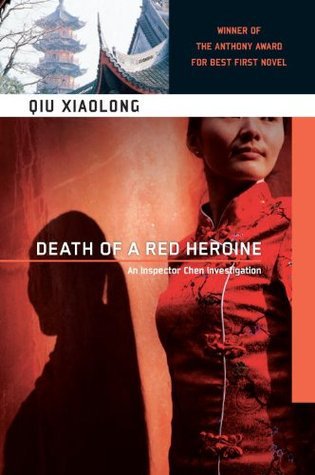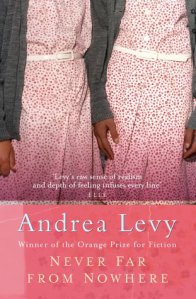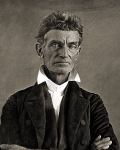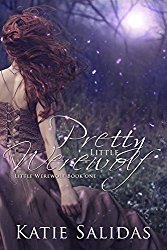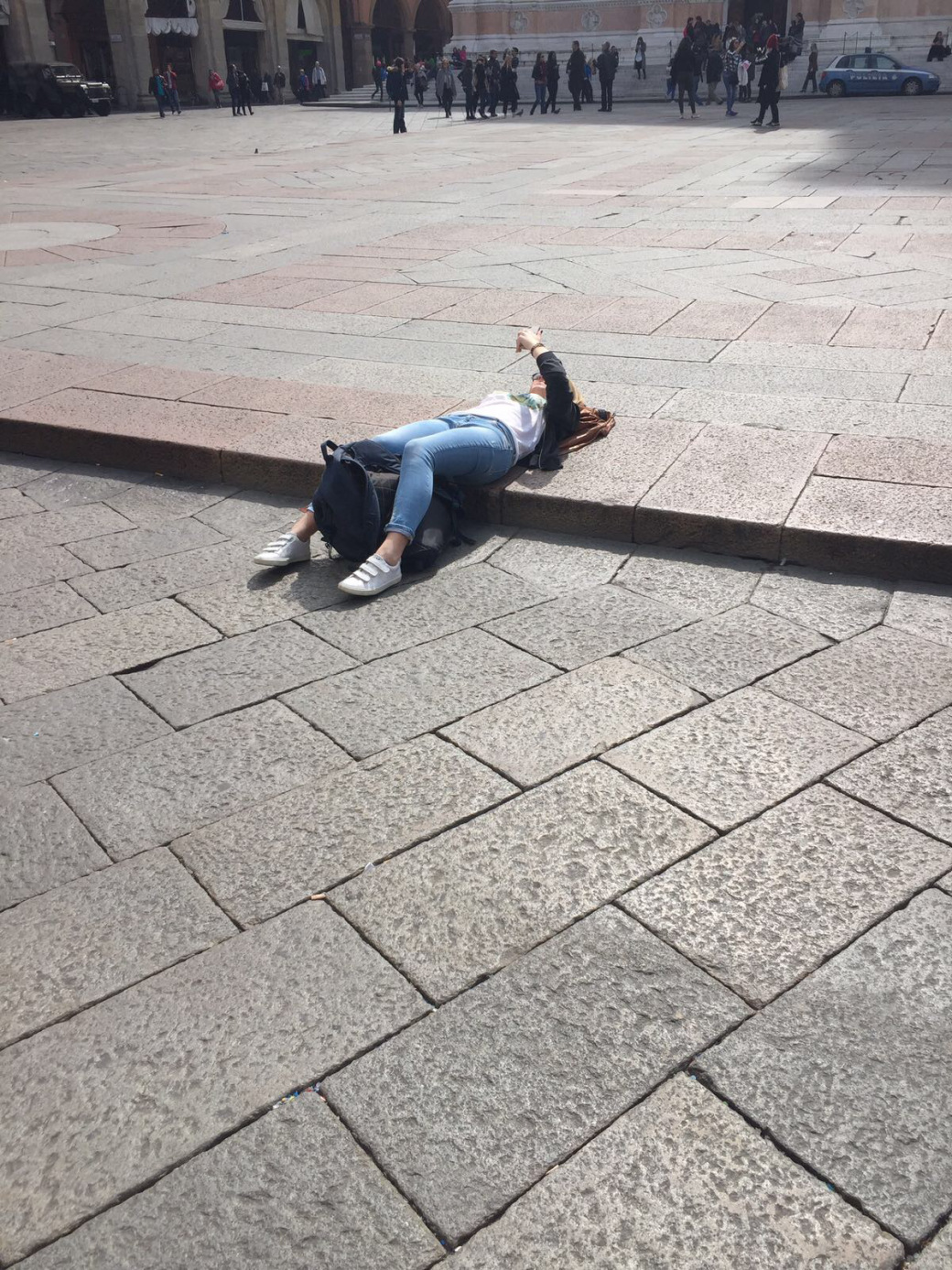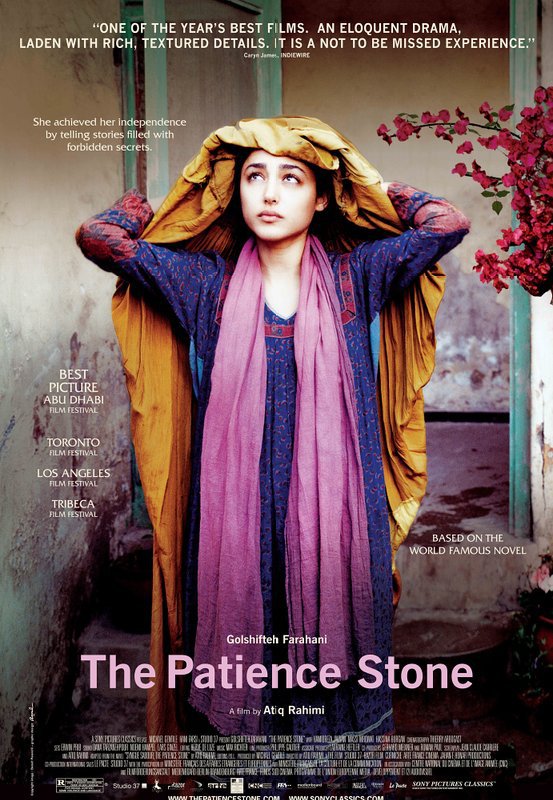Recently, I seem to have been stumbling across a lot of books about the ways that mothers can reject, ignore or otherwise fail their children.
Perhaps I’m just noticing it more because I’m having similar thoughts myself; approaching thirty, never having had much desire or affinity for children, I’m being confronted with the fact that if I want an adult family in the future (I do), then I have to start thinking about making a juvenile one first. But the depictions I’m getting from fiction seem to pit motherhood against personhood, especially if that person is creative or independent.
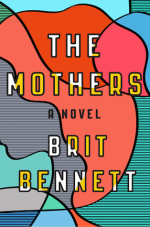 The Mothers – Brit Bennett
The Mothers – Brit Bennett
In spite of the titular reference, mothers (good mothers, at least) are almost nowhere to be seen in Brit Bennett’s portrait of a small south-Californian community.
Our protagonist, 17-year-old Nadia, is grieving the recent suicide of her own mother when she becomes pregnant to the local preacher’s son, Luke. Smart, driven and hell-bent on getting out of town, Nadia decides to abort her pregnancy rather than face the same fate as her parents, when they had her too young. Her actions do not go unnoticed within her small town – the church mothers whisper to themselves in a Grecian chorus of judgement and half-truths.
Nadia’s unlikely best friend, prim and pious Aubrey, is also motherless; she lives with her half-sister after fleeing their fraught family situation. And although Luke’s indomitable mother is a pillar of the church community, she too gives in to the fear and rhetoric surrounding an unwanted pregnancy.
Ideas of love, duty and obligation are tested, too; Nadia’s father struggles to cope with the loss of his wife, finding a place in his daughter’s life and managing the expectations of the community. As the book goes on, the relationships between Nadia, Aubrey and Luke become increasingly entangled and it becomes more difficult to distinguish whose choices are right and whose are wrong. It is to Bennett’s credit that each character’s decisions fit entirely within their skin; these are flesh and blood depictions of flawed, scared people searching for ways to be happy.
Rather than moralising about the anxieties of teens going off the rails, Bennett has managed to turn the mirror on the oppressive nature of small communities. The double-standard with which Luke and Nadia are treated is jarring to modern sensitivities, and the lack of compassion shown by the church community towards Nadia’s loss is hardly Christian. In this town, you either conform to the mould or struggle on your own. Bennett’s book is an ode to the outsider, a reminder that all of us make mistakes and must learn to live with the consequences.
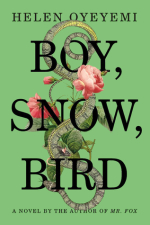 Boy, Snow, Bird – Helen Oyeyemi
Boy, Snow, Bird – Helen Oyeyemi
Full of doublings and doubling-backs, Helen Oyeyemi’s quasi-fantastical novel deals with a series of departures and shapeshifting identities. The first departure is that of Boy Novak, leaving her rat-catching, abusive father behind for a small New England town, where she begins an attempt at normality.
Shedding the skin of her violent childhood, Boy slots uncomfortably into the life of the town as she searches for a new role to play.
“I made brief consultations with myself as I washed my face in the bathroom down the hall – ‘I heard she’s a gangster’s moll,’ I whispered, repeating things I’d overheard while supposedly out of earshot. ‘Nah, she’s an actress studying her next part. Trust me, I’ve seen this before’. The woman in the mirror gave me a big wink, told me it’d blow over soon enough, and sent me to bed on my own.”
She soon runs across the larger-than-life Arturo Whitman, widowed artisan jeweller and father of Snow, a blonde-haired angel of a child. After falling in love with Snow, Boy agrees to marry Arturo on the basis of their brief but intense courtship. For a time, things seem perfect in their fairytale cottage, but when Boy gives birth to a child who is much darker than Snow, she blows the dust off an old family secret.
Reluctant to be party to the family’s shameful history, Boy decides to send one child off to grow up with distant family, ironically perpetuating the cycle of mother-figures casting off or otherwise abandoning their children. Whether they mean to or not, parents inevitably shape the lives of their children, for better or worse.
More than ten years later, the half-sisters Snow and Bird begin a correspondence in order to get to know each other, and increasingly, themselves. Throughout the book, mirrors are used as tools of reinvention, but also as a way of uncovering true identities. Bird claims that she doesn’t “always show up in mirrors”, and Snow too feels that her “reflection cannot be counted on”.
When they are finally reunited, they set in motion a chain of events that goes some way to reconciling their broken family, and perhaps even the relationship between Boy and her own father. Ultimately, Oyeyemi seems to be saying, understanding, acceptance and honesty are the key to good family relationships – and even then, things can go wrong.
 Harmless Like You – Rowan Hisayo Buchanan
Harmless Like You – Rowan Hisayo Buchanan
In contrast to both Boy, Snow, Bird and The Mothers, Rowan Hisayo Buchanan’s novel gives us the perspective of the abandoned child. A novel of displacement, loneliness and what it means to be an ‘artist’, Harmless Like You tells two intertwining stories: that of Jay, a New York art dealer, who is reeling after the birth of his daughter and the death of his father in quick succession; and that of Yuki, the woman who would become his mother, as she grapples with racism, sexism and uncomfortable relationships in the 1960s.
Jay’s life is in freefall: his child is ill, he has had a poorly thought-through dalliance with one of his artists, and he is off to find his unknown mother in Berlin with his gravely unwell companion cat. An emotionally-stunted man in many ways, he is still coming to terms with his fatherhood, terrified of being responsible for another human being when he can barely manage his own life.
For Yuki, dislocation meant moving to New York at six, straining to become part of a world that did not want people who looked like her. When her parents announce that they are moving back to Japan, she chooses to stay in America, moving in with her wild-child friend, Odile, and her hippy mother Lillian.
Yuki’s story is the somewhat predictable, but nonetheless tragic, tale of a young arts student taken in by her much older boss; in this case, he’s also her surrogate mother’s partner. Despite having seen the way that he treated Lillian, they move in together and he begins to use the same coercive, abusive tactics on Yuki. He chips away at her selfhood, aggrandising his own poetry group (literally called The Guys) while demeaning her artistic yearnings.
When they finally split, she falls into the mooning arms of well-meaning Edison, and they quickly become the picture of the American dream; suburban house, respectable couple, healthy baby. But left alone in the house all day, still recovering from the ravages of her previous relationship, Yuki cannot paint, can barely go outside. While Edison tries to be the perfect husband, cooking, cleaning, and offering support, he cannot understand that Yuki feels crushed by the pressure of it all – and her response is to run away.
Buchanan has so clearly speared the oppressive guilt of motherhood; the idea that if only you weren’t around, everything would go much more smoothly. And for the most part, in this novel at least, it does – on the surface. But Jay and Yuki’s reunion in Berlin is cathartic and enlightening, each leaving the other more certain of their own place in the world.
I see all of these traits in myself, not necessarily negatively – career-oriented, creative, selfish. ‘Mother’ is never a role that I’ve been able to see myself wearing comfortably. But, then again, I never saw myself as ‘Wife’ and I’ve just celebrated my third wedding anniversary, even though I still somehow reject the word and all the connotations and preconceptions it brings.
Perhaps reluctance doesn’t always have to be a negative word either, or such an uncommon one. For me to have children (without running away), I will have to find a way to fit inside motherhood while retaining a sense of self.
Advertisements